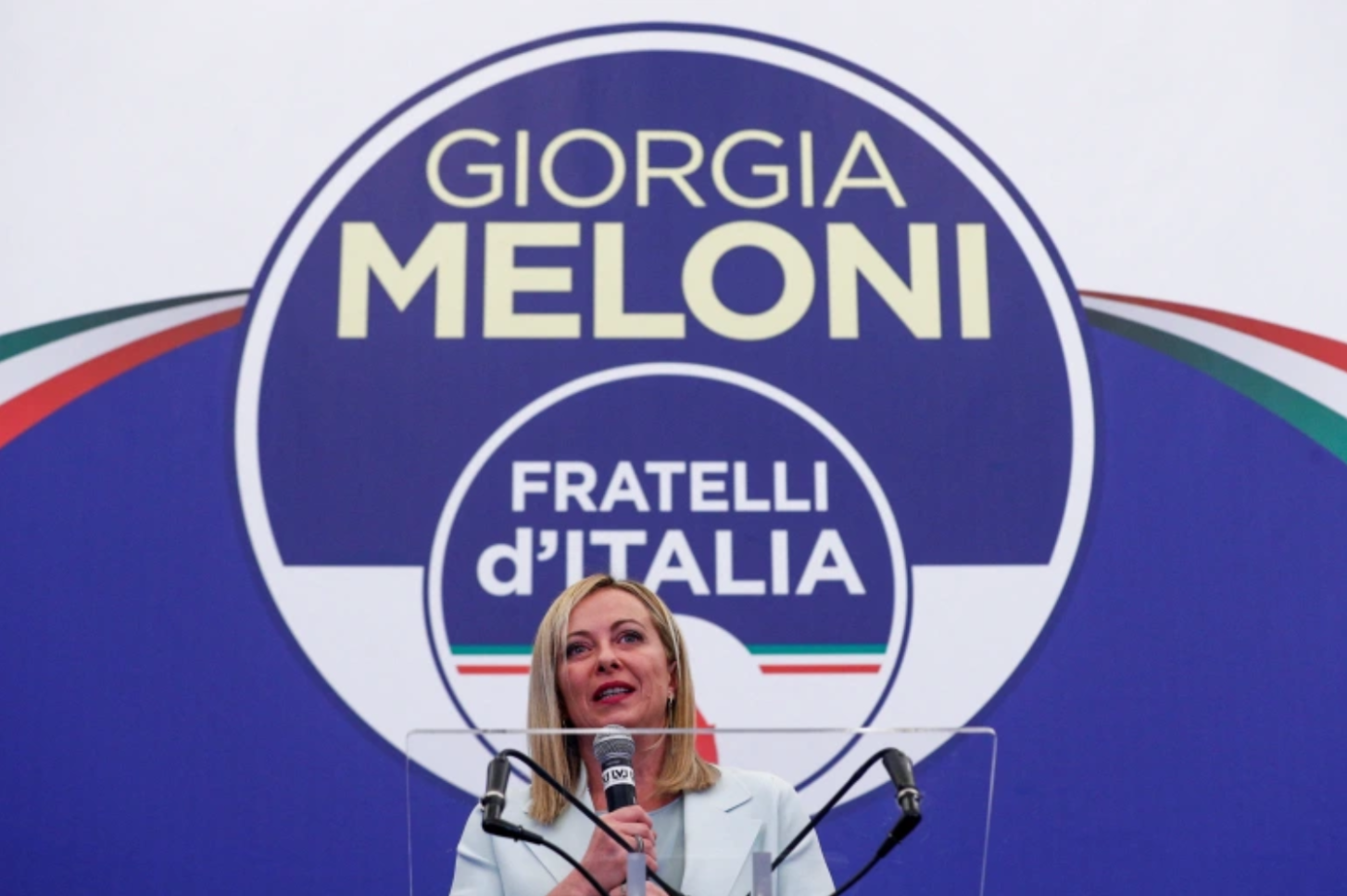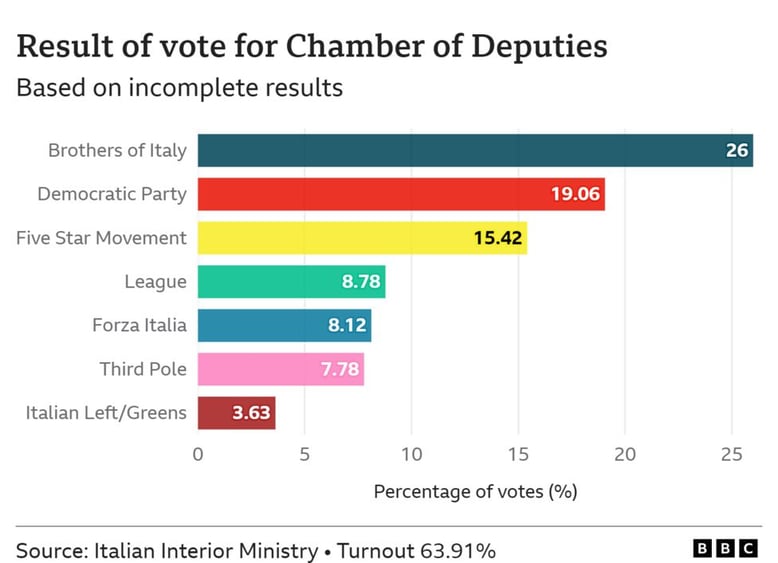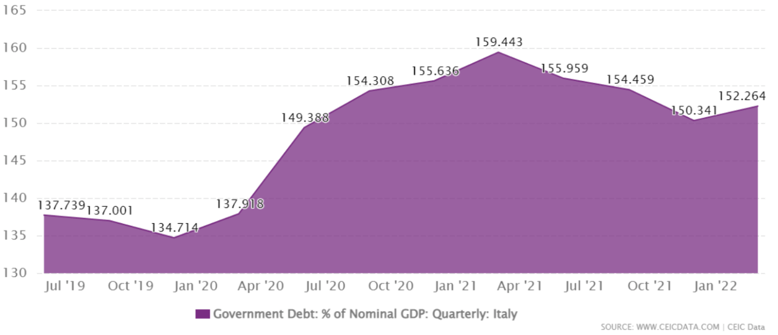Jack Colreavy
- Sep 29, 2022
- 4 min read
ABSI - Implication's of the Italian political spectrum
Every Tuesday afternoon we publish a collection of topics and give our expert opinion about the Equity Markets.

A snap Italian election was held last Sunday with Italy choosing to elect Giorgia Meloni as Prime Minister, being the head of the Brothers of Italy, a far-right party descended from the post-World War Two neo-fascist movement formed by loyalists of Mussolini. ABSI this week takes a look at the Italian political spectrum and the implications this result might have on the broader European Union.
Source: Al Jazeera
It is important to appreciate the shoes that Meloni is replacing are those of Mario Draghi. The internationally respected economist and politician was previously the president of the European Central Bank and, in an extraordinary set of events, was asked by President Sergio Mattarella to enter Italian politics in Feb 2021 and form a technocratic government. Draghi famously succeeded in his task and was able to form a unity party with most major parties to address Covid-19 and create policies to steer the country out of the pandemic. Unfortunately, the coalition broke apart in July 2022 and a snap election was called to form a new government.
Importantly, the Brothers of Italy party did not join the unity party back in 2021 which gave Meloni a platform in which to criticise the government’s pandemic policies from the opposition benches. These policies were painful for the Italian people and Meloni saw her popularity skyrocket as a result. To put it into context, in the 2018 election, the Brothers of Italy party secured ~4% of the vote but in the latest election, it is forecasted that they will receive ~26% of the vote.
Source: BBC
This election has been closely watched by the EU, which is currently in the thick of economic and political turmoil. Former PM, Draghi took a hard-line stance on the Russian invasion of Ukraine but the new government may pivot. While Meloni has been critical of the war, the heads of her centre-right coalition sing a different tune. Matteo Salvini, head of the Lega party, has been vocal about how Russian sanctions are crippling Italian families, while Silvio Berlusconi, former Italian PM and head of the Forza Italia party, has recently gone on the record defending Putin’s invasion.
Concerningly, adding the new Italian government to the recent Swedish nationalists victory and the EU parliament could be looking at a populist bloc forming with conservative governments in Hungary and Poland that has the potential to block EU policies at a critical juncture for the Union. Noteworthy, Hungarian PM, Vikor Orban, has consistently criticised Russian sanctions and has called for their withdrawal. In response, the EU tried to cut EU funding to Hungary on the basis that it no longer qualifies as a full democracy.
Source: CEIC
A change is occurring in Europe with a continuing shift from the left to the hard right. Discontented with the failures of the established parties, more voters are hitching their wagons to new untried and untested leaders. The honeymoon will be short for Maloni as she attempts to juggle inflation, rising interest rates, war, EU politics, and a snowballing debt load, all as the first female Prime Minister in a traditionally conservative country.
We offer value-rich content to our BPC community of subscribers. If you're interested in the stock market, you will enjoy our exclusive mailing lists focused on all aspects of the market.
To receive our exclusive E-Newsletter, subscribe to 'As Barclay Sees It' now.
Share Link











